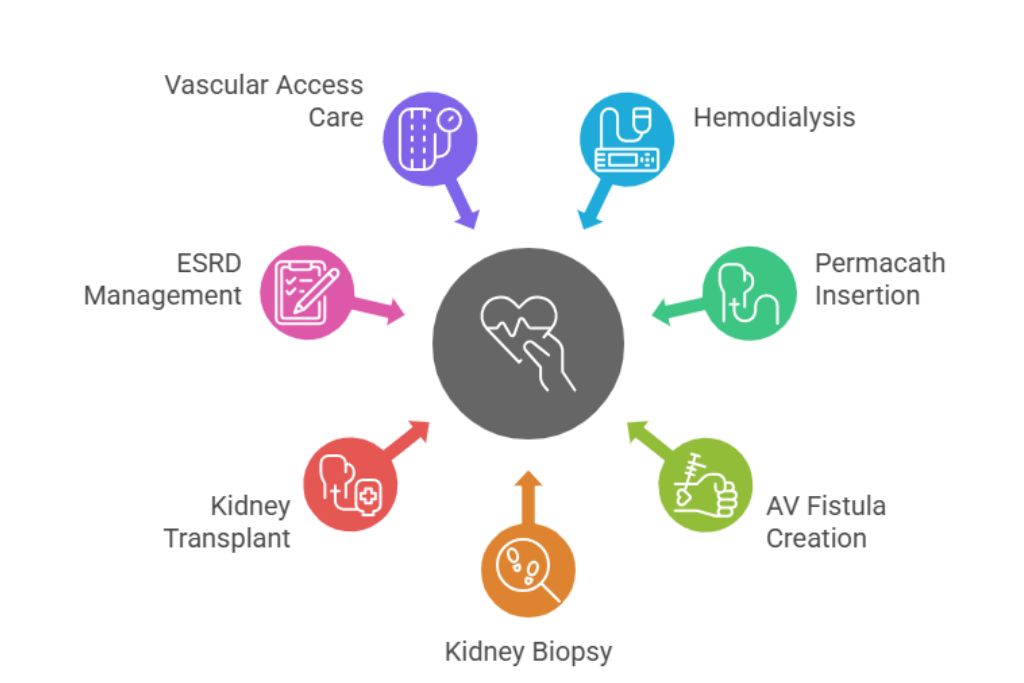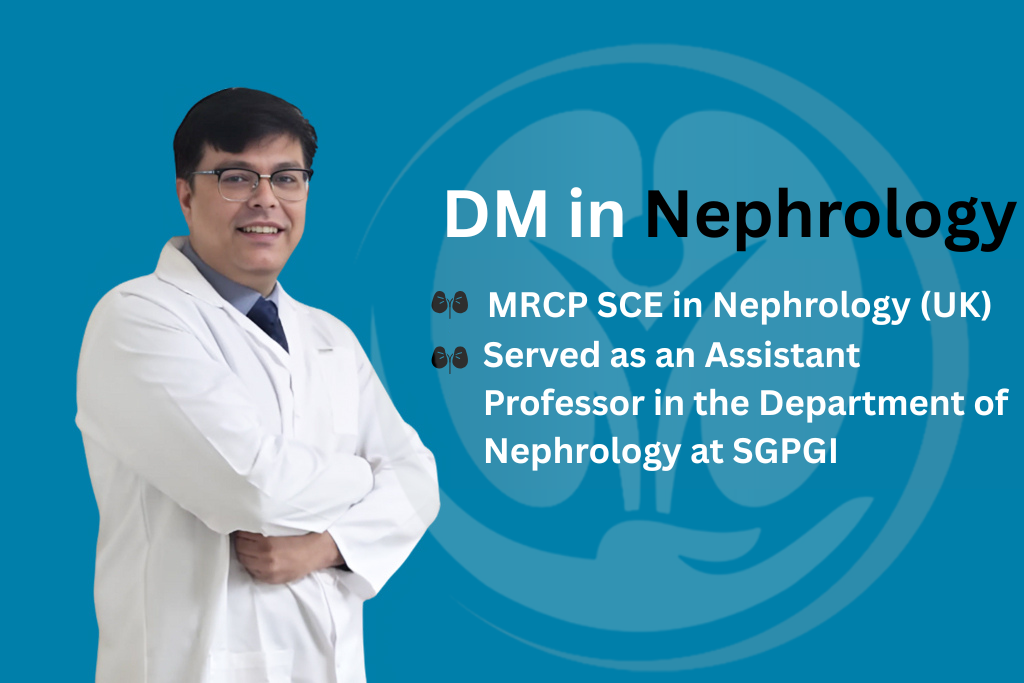What is Diabetic Nephropathy?
Diabetic nephropathy is a serious kidney complication of long-term diabetes and one of the leading
causes of chronic kidney disease (CKD). In Gorakhpur, Dr. Arpit Srivastava, an expert nephrologist,
provides advanced treatment and preventive care for diabetic kidney disease, helping patients manage
symptoms, slow progression, and avoid complications like dialysis or transplant.
He provides complete support for patients, including understanding its types, causes, effects on kidney
health, symptoms, diagnosis, evaluation, treatment options, advanced services, and preventive measures.
With a focus on compassionate and expert kidney care, patients across Purvanchal trust Dr. Srivastava
for effective management of diabetic nephropathy.
+91-7054357996

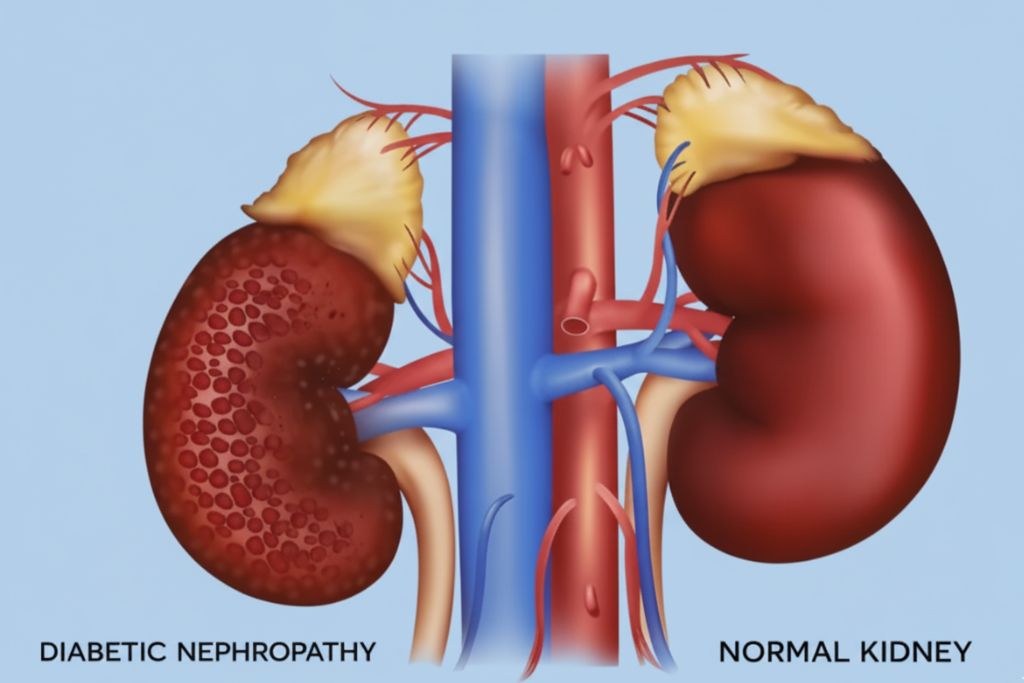
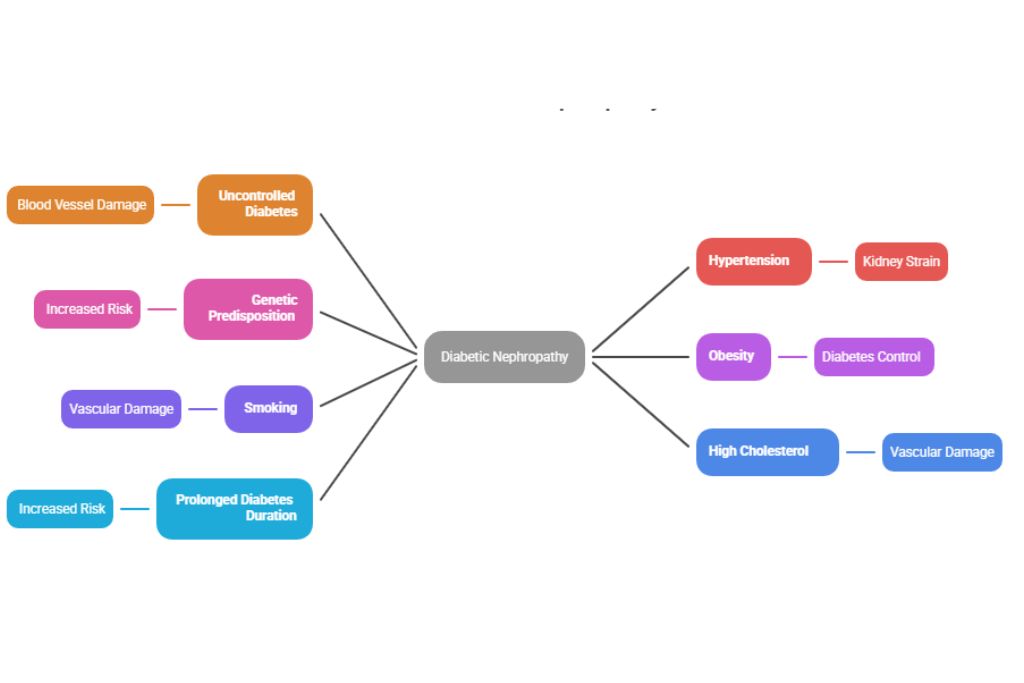
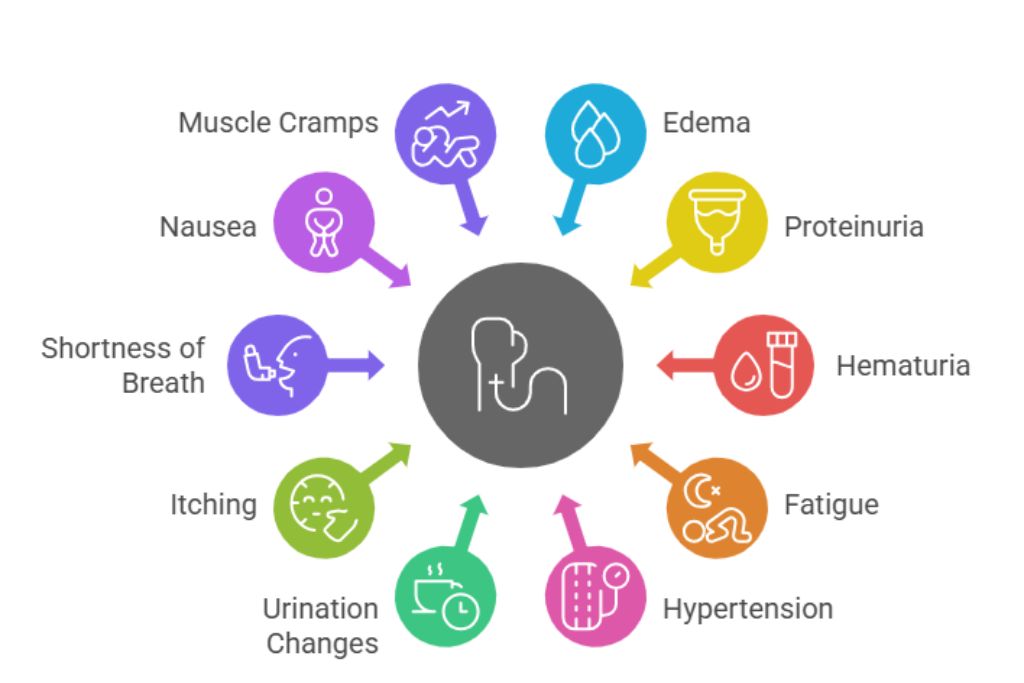
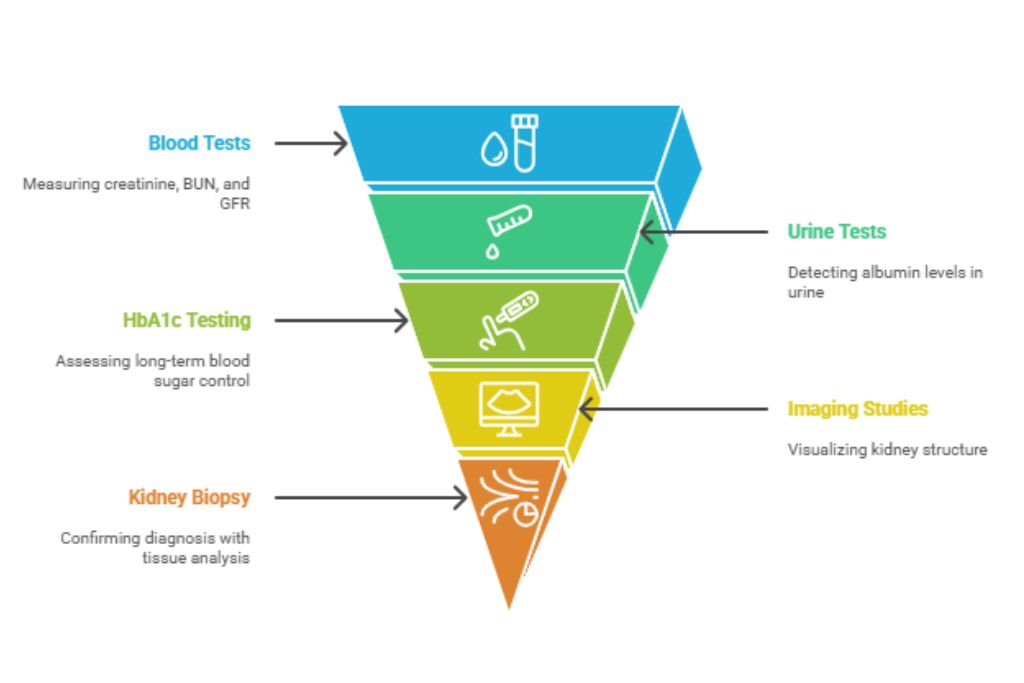

.png)
